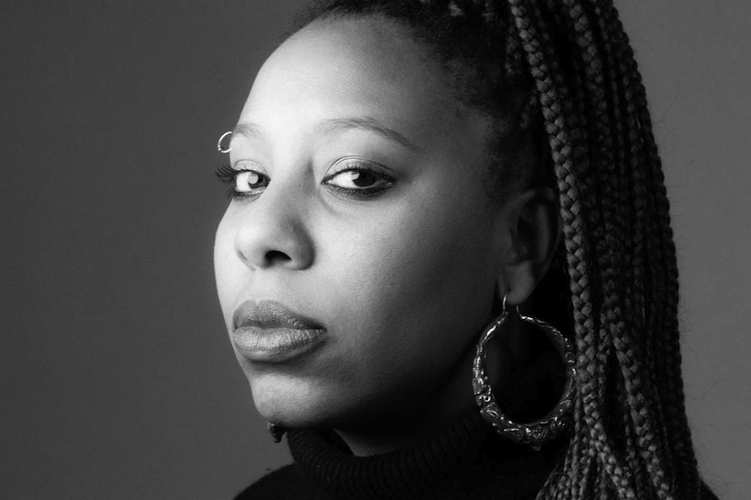“I was born this way: unsatisfied. My color is a bridge with no other side.” Morgan Parker, a poet from Los Angeles, released a book of poems in March of this year called “There Are More Beautiful Things Than Beyonce.” The book is filled with lines such as these that display pop culture figures, lyrics and attitudes woven into historically and culturally rich fabrics of race and femininity.
The book’s name alone dares the passerby to resist the urge to stop and flip through the pages. The poetry within does not disappoint nor does it rest in the shadows of the cover or the poems’ long, colorful titles like “The President Has Never Said the Word Black,” “We Don’t Know When We Were Opened (Or, The Origin of the Universe)” and “Beyonce, Touring in Asia, Breaks Down in a White Tee,” just to name a few.
Parker’s fixation with Beyoncé and various other pop icons within her poetry has fascinated some and outraged others—those who believe “good” poetry mustn’t stray too far from Poe or Dickinson. When faced with these criticisms, Parker responds that poets have always written about pop culture. Poets like T. S. Eliot and O’Hara were writing about the music and the stars of their time, yet they were not scolded for trapping their work within a time capsule.
When explaining her obsession with Beyoncé, Parker says that she references iconic black women like Beyoncé in her art because in many ways the experience of being a famous black woman on screen is not so different from being a black woman on a city street; both are simultaneously exalted and exploited. “There Are More Beautiful Things Than Beyoncé” is an exploration of those two experiences contrasting and conjoining.
Parker’s poetry does not merely pull from the lives of pop stars. Much of her new book is heavily influenced by the history of the enslavement of Africans and the colonial exploitations of African peoples, such as the “Hottentot Venus.” Hottentot Venus was an African woman named Sarah Baartman who was brought over to England in 1815 under false pretenses. She was then displayed in European “freak shows,” where people fled to gawk at her wide hips and large backside. This grotesque example clearly connects to the statement Parker wishes to make about the expectation for black women to perform. In fact, the first poem that was released from the book in 2016 was titled “Hottentot Venus.”
Sadly, poets like Morgan Parker who take risks and disregard convention rarely make it to our shelves. Perhaps this is because the young women and men who are writing such poems fear that their voices are too small and their inspirations arbitrary or shallow. Parker has proven that there are strong styles and bold voices that have yet to be explored or recognized. Now, after “There Are More Beautiful Things Than Beyoncé,” people are hungry for more. Hopefully those young poets will feel emboldened by Parker to rise up and share the ways in which they see the world.











